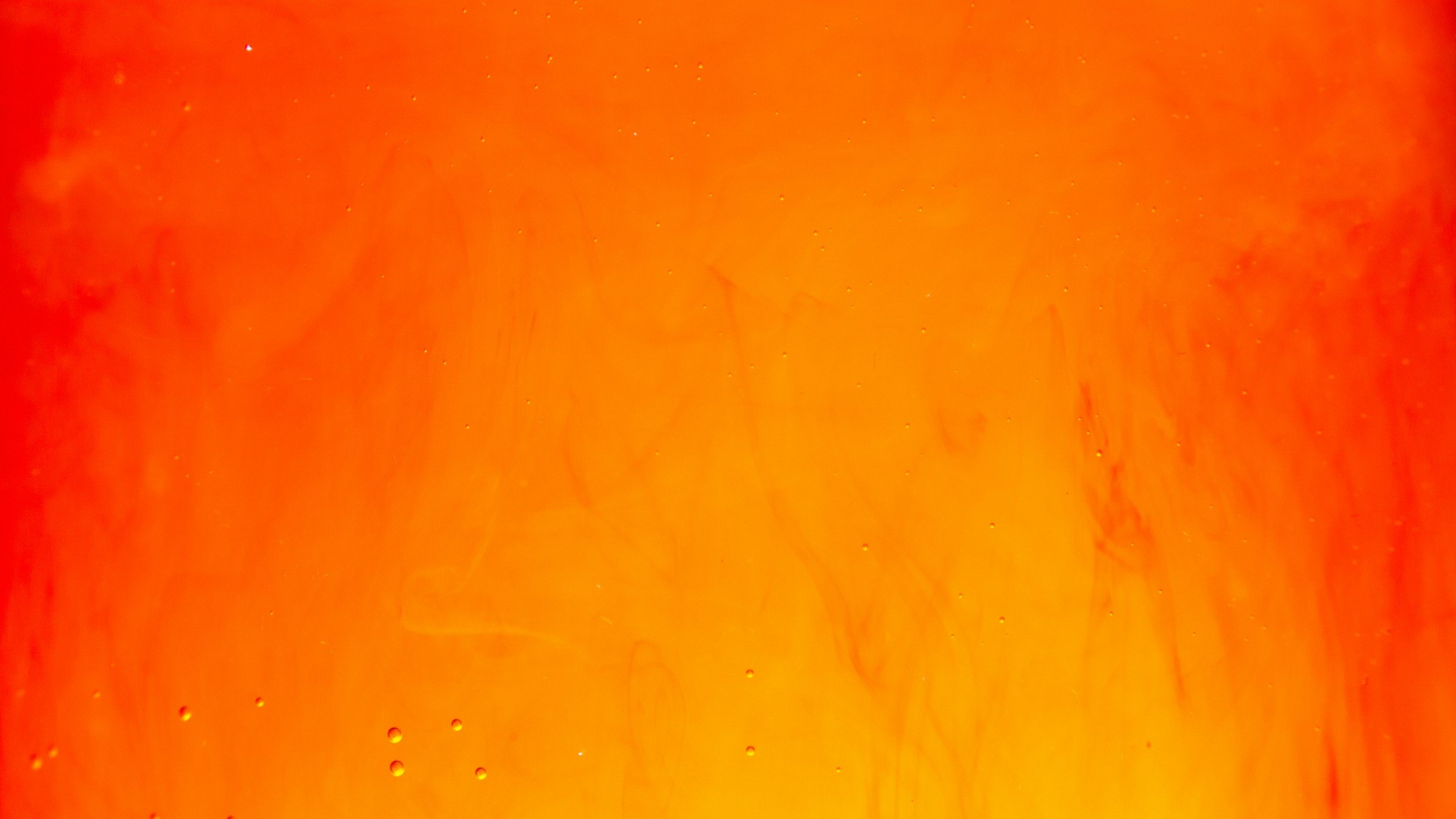Last Picked: Appreciation in the Face of Judgment
For most of my life, I hated people who exercised. There. I’ve admitted it. I was always picked last in gym, I was always the slowest, and when I did try, I was too intense and mocked for that too. I hated the easy grace people had when they just went out for a run and their skin did not turn reddish purple like mine does. It doesn’t help that I’m married to a natural athlete. Forrest just goes out and runs mile after mile. And he doesn’t understand why I’d be mad about gym class. After all, he was just trying to win the game by having the best players! Where’s the harm in that?
For a long time, I felt deeply judged by people who made exercise a linchpin of their lives. (Not Forrest — he is ridiculously humble for how much talent he has.) It was hard to listen to other who talked about people who “don’t treat their body right, are constantly gaining weight, and are too lazy to exercise.” That was me and those comments felt very pointed.
But as I began to embrace vulnerability, I also began to admit the imperfection of my own choices. I struggle with not knowing the right answer, even to questions that are ridiculously unanswerable. If I didn’t know how to do something right, I either cast it off as unimportant (who even cares about that?) or I worked hard to get good at it. There was no room in my life for just being bad at things.
As I let myself admit my inability to do everything and be everything, I realized that my judgments weren’t made from malice, they were done from pain and fear. What if I choose to rest instead of run and I die of a heart attack? What if I don’t berate myself into a better body and I look like this forever? What if my girls grow up and don’t ever want to get outside because their mom never did?
I could assume the same was true for other people. Their choices, including choices concerning judgement, were not about me. Other people’s choices were about them navigating their lives. Eventually, my body and brain began to tell me that I needed to make exercise a priority. Not to alleviate fears about health or appearance, but because true self care included physicality as well.
What self-care didn’t include though, was judging myself or others. In fact, as I started a very mild exercise program, self-care included a lot of appreciation. Appreciation for the achievements of great athletes and accomplished friends. Appreciation for my own body’s ability to overcome challenges. Appreciation for the outdoors as I spent more time experiencing it.
I learned to assume good faith. Just as my judgments came from internal needs, so did theirs.
How can you change your thinking on judgments today? Where have you been assuming ill intent when it’s not about you?



